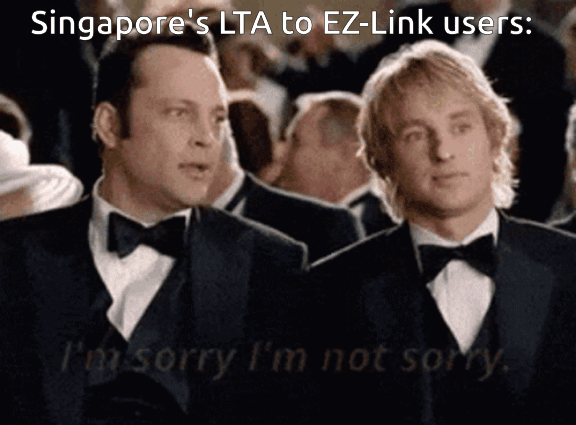Asia Tea Time - Cup 42 ☕
This week I talk falling Japan’s central bank, fees for investing and a massive policy U-turn in Singapore.
Macro in Asia
Bank of Japan keeps negative interest rate but inflation could change that

Japan’s central bank, the Bank of Japan (BoJ), kept its benchmark interest rate at -0.1% earlier this week.
Why it’s happening
- So, Japan has been experiencing deflation in the past few decades – you know, the opposite of inflation where prices keep falling rather than rising.
- But inflation is back in Japan and it’s sizzling hot, at least by Japanese standards. The BoJ forecasts that one of Japan’s key inflation numbers is at 1.9%.
- The policy decision was big news as many people expect the BoJ to start raising interest rates in March or April of this year,
Why it matters
- It doesn’t get people’s pulses racing but central bank policy is influenced heavily by inflation. That means global investors closely watch what the BoJ does, and more importantly, says.
- As the only major economy in the world with negative interest rates, Japan’s escape from the “deflation nightmare” would be a big moment for its markets.
- Funnily enough, interest rates also impact the stock market and currency. One has been roaring ahead (Japanese stocks) while the other has been sinking (the Japanese Yen).
What’s next?
- Before the next BoJ meeting, investors should be on the lookout for wage negotiations in Japan – to see if wage inflation is also taking hold – and the level of the yen.
Tim’s Take
A weak Japanese yen has been great for those of us who love to travel to Japan. It’s also been a result of the BoJ’s policy on interest rates over the past six or seven years.
And they’ve stayed there ever since…yet that could change soon. That’s because both consumer inflation, along with wage inflation, have been climbing.
Wage negotiations between the main labour unions and Japan’s large corporations have yielded multi-decade high increases.
For the central bank, and its Governor Ueda, the pressure is on as to whether they should be hiking rates.
It’s kind of like its counterpart in the US though except it has the opposite problem – it doesn’t want to hike rates until it’s sure deflation has been vanquished.
Japanese stocks have been on fire, mainly due to a confluence of factors; better company earnings, the return of inflation, negative interest rates, and NOT being China in Asia…meaning it has attracted a lot of investor capital.
But whether Japan’s economy can fight off its structural issues – a rapidly ageing population and low-to-no immigration – and still thrive in the decades ahead are still yet to be determined.
Tim's Money Tip of the Week

Investing is something we should try to automate, if possible. That means setting aside a certain amount every month, that comes out of our salary, and goes towards long-term investments.
Remember, that’s money we put aside that we don’t need in the next 5-10 years. With the emergence of robo-advisors and platforms, like Endowus or Stashaway in Singapore, this has been that much easier.
The pros of this approach are well-established – ease of us, the friendly user interface, and the ability to invest across multiple portfolios.
But one aspect we should also be aware of is the impact of AUM fees. Standing for assets under management (AUM), an annual fee that’s imposed by these providers can range from 0.25% up to 0.6%.
Just like we talk about the compounding of our wealth, the more your wealth grows, the more your fees compound too!
The alternative approach, passively investing in individual exchange-traded funds (ETFs), can often be more simple and outperform over long periods of time (after fees).
You still pay an annual fee but for some of the biggest, and most diversified, ETFs, that fee can be significantly lower – sometimes below 0.1%.
Of course, there’s no reason why we can’t utilise both robo-advisors and ETFs but ensuring we’re aware of the overall costs is something we should take note of.
Story of the Week

Singapore’s Land Transport Authority (LTA) ended up with a “pie in face” moment as it made a massive U-turn on the implementation of its SimplyGo payment system.
It reversed an earlier decision to phase out a older ticketing system that allowed commuters to make use of EZ-Link transport cards and NETS FlashPay cards.
Its SimplyGo system was meant to make the system easier, for example making use of credit cards to pay for rides on public transport.
However, the designers of the system didn’t take into account simple features, like displaying how much a ride cost or the balance left on top-up card.
The fact that Transport Minister Chee Hong Tat said it was a “judgment error” to push for full adoption wasn’t exactly a full-blown apology but at the end of the day, EZ-Link isn’t being phased out after all.
